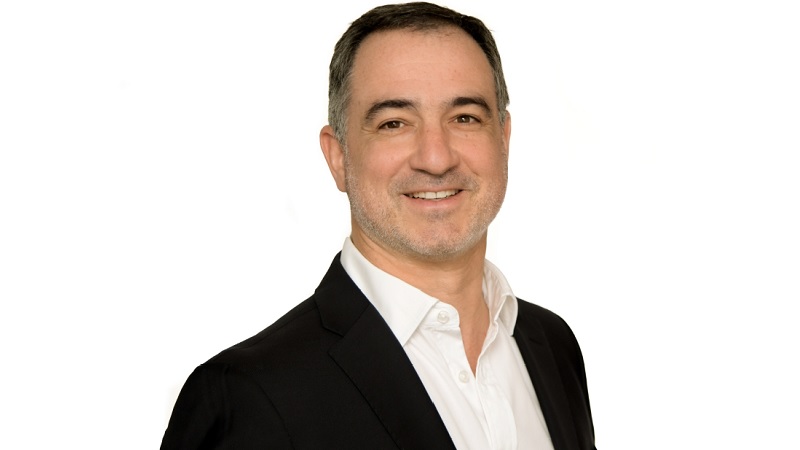Breaking away from the long shadow cast by Neil Woodford was always going to be a challenge for those most closely associated with him, but former protégé Mark Barnett (pictured) appears to be making good progress.
A year after landing at Tellworth Investments, Barnett unveiled his UK Income and Growth fund on 24 March, which will be co-managed by Johnnie Smith who joined the firm from CZ Capital in June 2020.
Barnett’s strategy joins four other equity vehicles at Tellworth, including the £433.9m UK Smaller Companies fund run by Paul Marriage, John Warren and James Gerlis.
Barnett said: “Having joined Tellworth last year, I am really enjoying working within a team focused on the best results for our clients. I am excited to manage a new fund, going ‘back to basics’, and introducing old and new investors to the strategy.
“Having consulted with our early investors, the new fund incorporates the needs of clients today and will be paying income monthly. Furthermore, with markets behaving the way they are, some investors think it is a difficult time to launch a fund, we think it is a huge opportunity.”
See also: Paul Marriage: ‘We’re prepared to look through Mark Barnett’s underperformance’
No unquoted investments
No factsheet is currently available for Barnett’s fund, but the portfolio will consist of 40-60 holdings.
The unconstrained fund will invest across the market with a large and mid-cap bias and it will pay a level of income above the Numis UK All Share Index monthly.
Sitting in the IA UK Equity Income sector, it will hold no unquoted investments and holdings in companies with a market cap below £500m will be limited to 20% of the portfolio.
The decision to take unquoted companies off the table from the very start is unsurprising given how badly burned Barnett was at Invesco after taking over from Neil Woodford.
But Darius McDermott, managing director of Chelsea Financial Services, has some sympathy for Barnett whose hands “were tied behind his back to some extent during his latter years at Invesco”.
Barnett inherited a colossal fund that was in redemption as investors left to follow Woodford to his new venture.
McDermott said criticism that Barnett failed to sell down the unquoted holdings quickly enough is “fair” but added that, when faced with millions of pounds worth of redemption requests on a daily basis, “you’re likely to sell your more liquid holdings”, which resulted in the smaller and unquoted stocks dominating.
Looking forward, McDermott said the current environment of rising inflation, higher energy prices and cyclicals doing well could suit a value contrarian like Barnett. “The climate is more favourable than it was two years ago.”
Lower charges may tempt some investors
“This is the opportunity for Mark Barnett to prove he still has the ability to deliver strong UK equity returns for investors without the shadow of his previous roles hanging over him,” AJ Bell’s head of investment research, Ryan Hughes, told Portfolio Adviser.
“Taking on the funds at Invesco was always going to be a difficult challenge for anyone and perhaps inevitably it played out that way, although I’m sure Barnett will admit that he made some mistakes along the way too.
“The opportunity to start at Tellworth with a blank sheet of paper, no legacy holdings and no unquoted companies that couldn’t be sold, will no doubt be an exciting one, particularly given that traditional equity income investing in the UK looks appealing again.”
Hughes added: “Looking at fees, it’s encouraging to see that the founder class has been priced competitively with decent headroom given the rate applies for the first £150m which may well tempt some investors away from the traditional big money takers in the sector.
“Longer term, the I class looks to be the one that will be widely available, and this will also be priced competitively, undercutting the average actively managed fund in the IA UK equity income sector by a decent margin. This approach seems sensible particularly given that fees on actively managed funds are quite rightly in the spotlight with many wealth managers operating on strict fee budgets.”
Investors will pay an initial 5%, followed by an annual charge of 0.45% and an ongoing charge of 0.6%.










